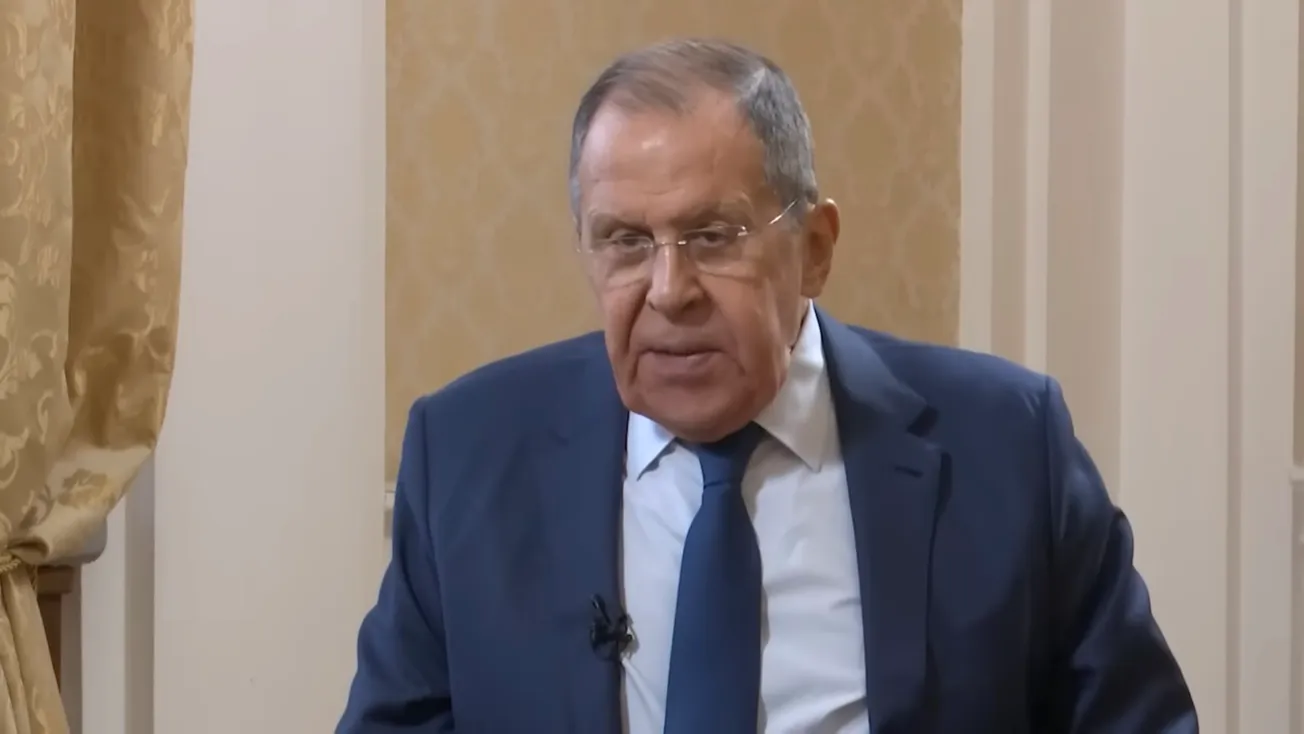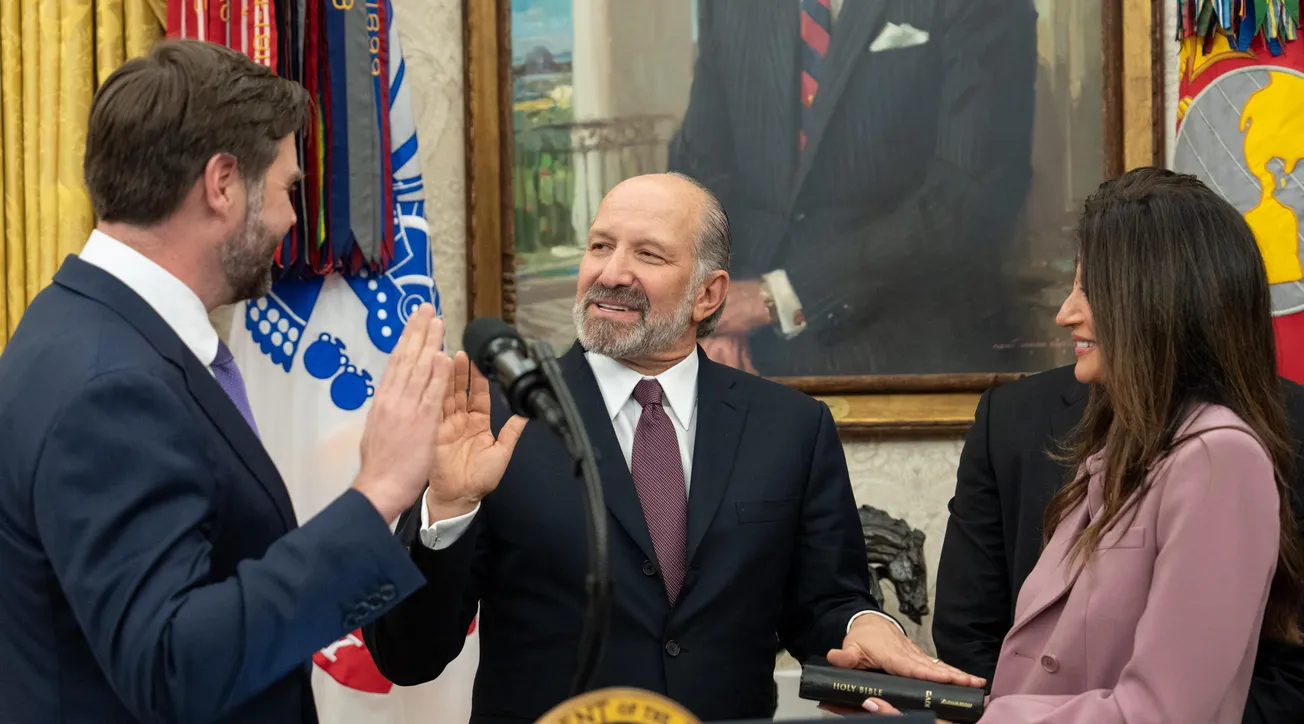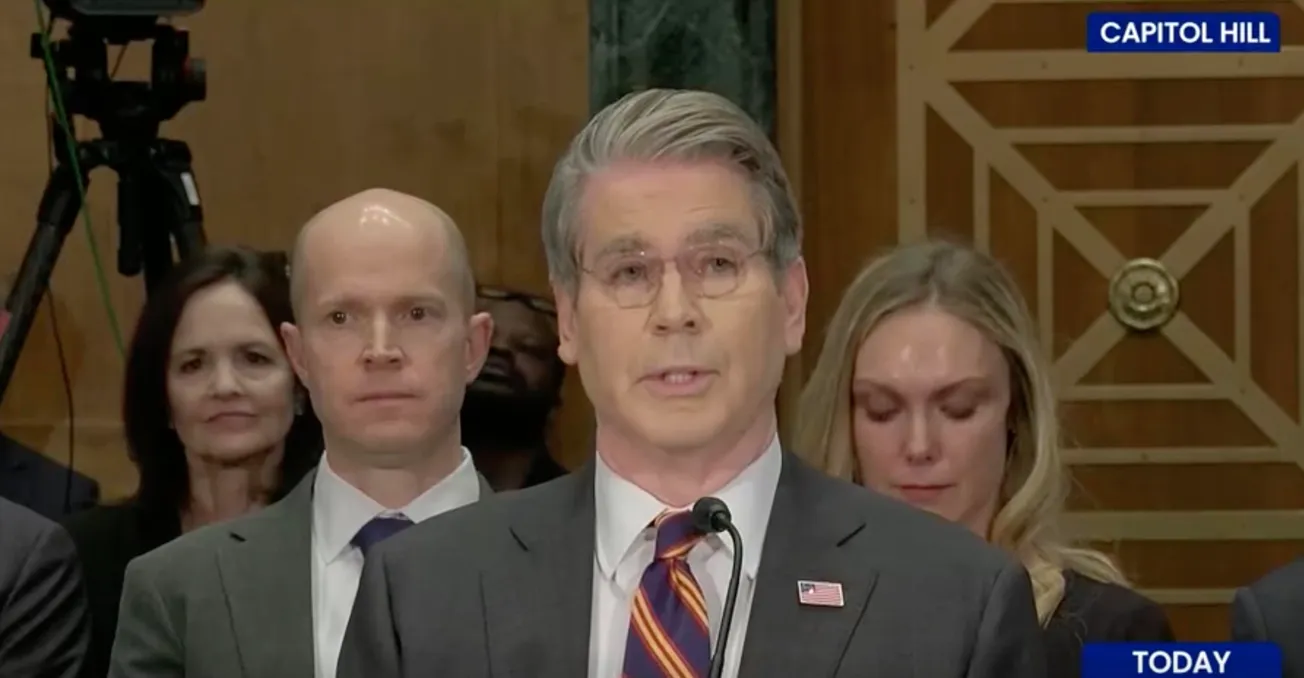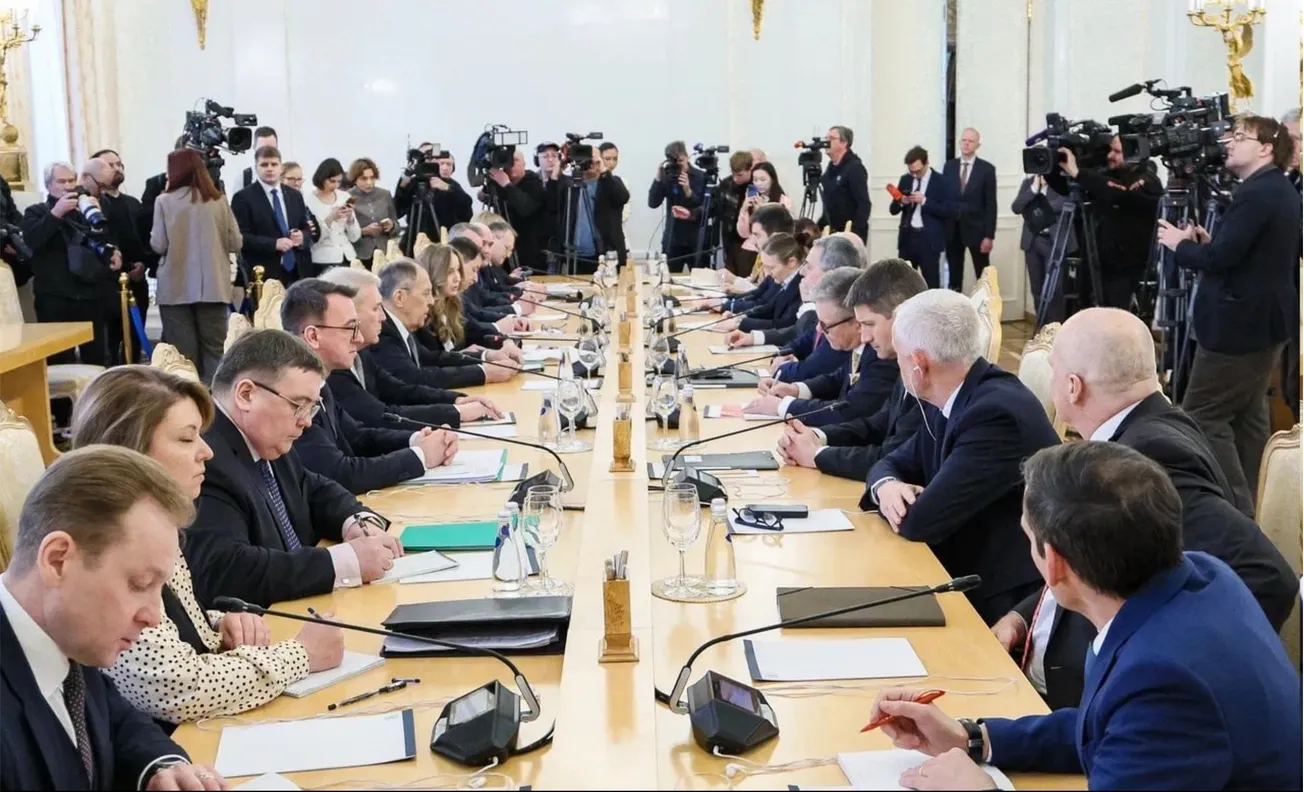The historic features of the recent BRICS summit in Kazan, Russia were summarized yesterday by Russia’s Foreign Minister Sergey Lavrov in a 30-minute interview on BRICS TV. The world is witnessing the end of geopolitics and colonialism and a coming to maturity of an alliance of more and less developed countries, more and less industrialized nations, figuring out how they can advance together.
Lavrov explained that they had no interest in making countries sign on to policies to which they disagreed, or to get them to agree about everything. Rather they found a wealth of areas of mutual agreement, particularly on dealing with the lack of proper weight of the Global South and the Global East in the “mechanisms of global governance, including the UN Security Council, the IMF, the World Bank and the World Trade Organization.” (Quotations from Lavrov are machine-translated.) While BRICS and their partners are deeply involved in creating a parallel system for “reliable, sustainable, long-term systems” to serve “the real economy,” he offers that this can be done in tandem with participating in and saving the present “Western” institutions set up after World War II. But, presently, an alternative mechanism using national currencies and insurance mechanisms is needed to deal with the uncertainties of the dollar system and the sanctions.
In this context, he said that we’ve begun “preparations for the creation of the BRICS grain exchange, the preparation of an investment platform, and a geological platform—this was also the idea of the African countries, previously included in the BRICS.” (The ideas of Vladimir Vernadsky, Ukrainian-Russian scientist, on the development of the biosphere—on the role of the mind in transforming life, and life in transforming the material substrate—is a rich, largely untapped framework for this.) Lavrov specified Kazan’s setting up of working groups on transport and on nuclear medicine.
Lavrov didn’t omit the “philosophical” dimension, saying that now BRICS “is perceived, if you like, as the vanguard of the movement towards a more just world, the vanguard of the movement in defense against dictatorship and arbitrariness, which are still widespread, used with the collective West in international relations.”





